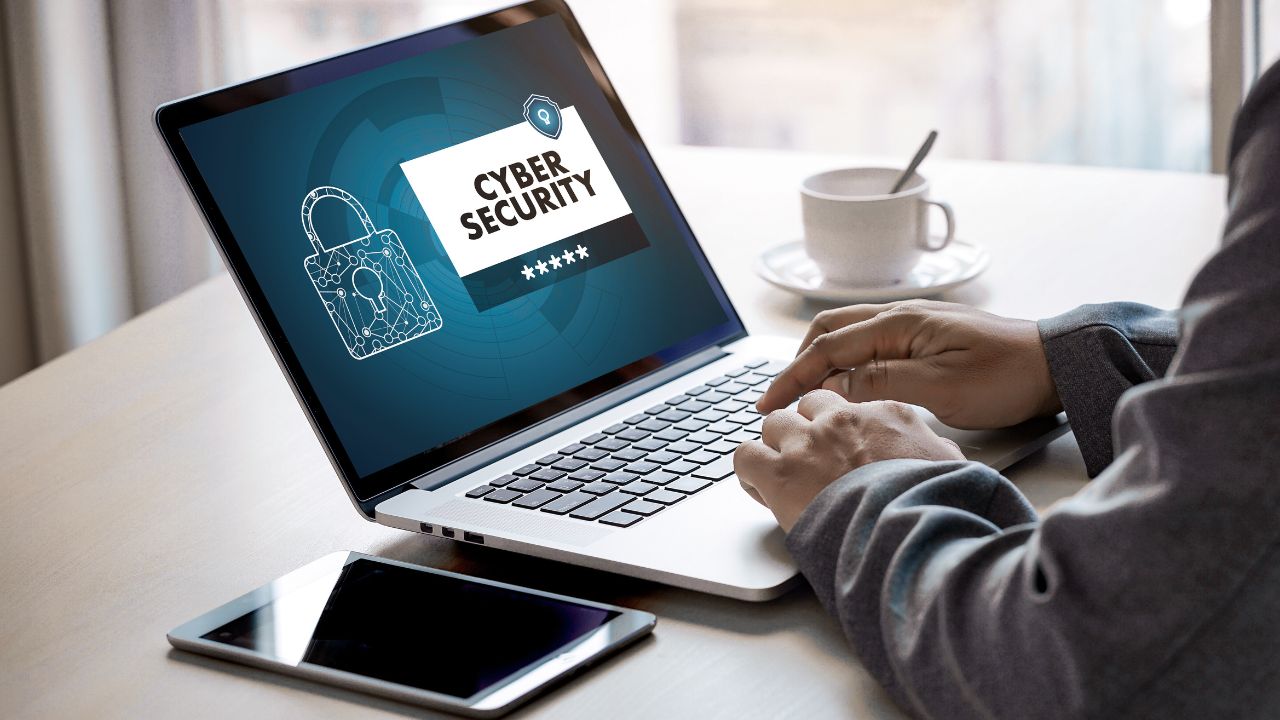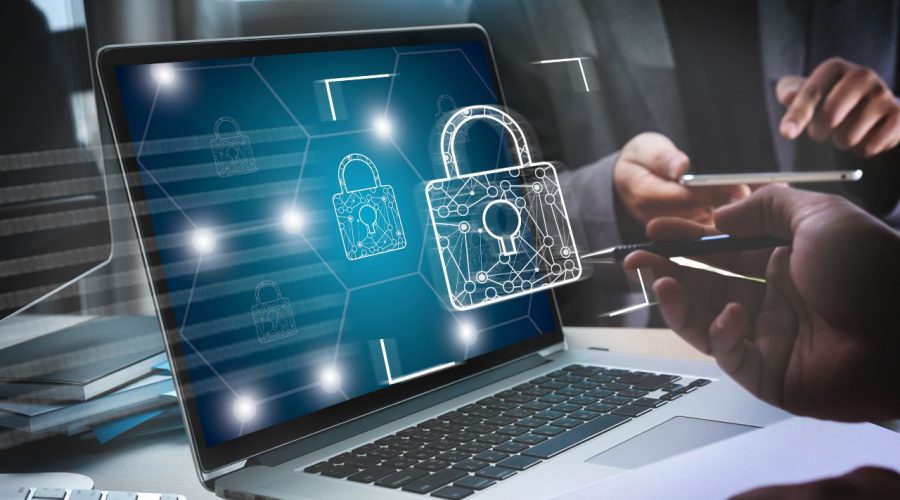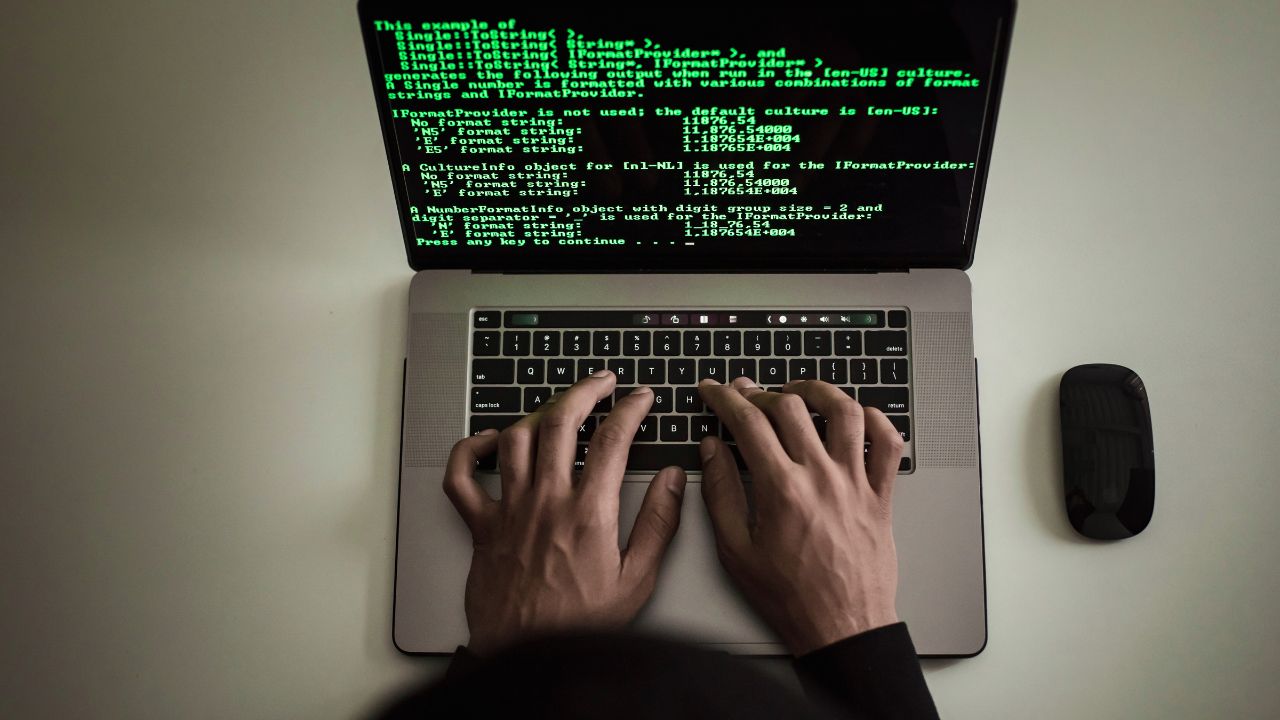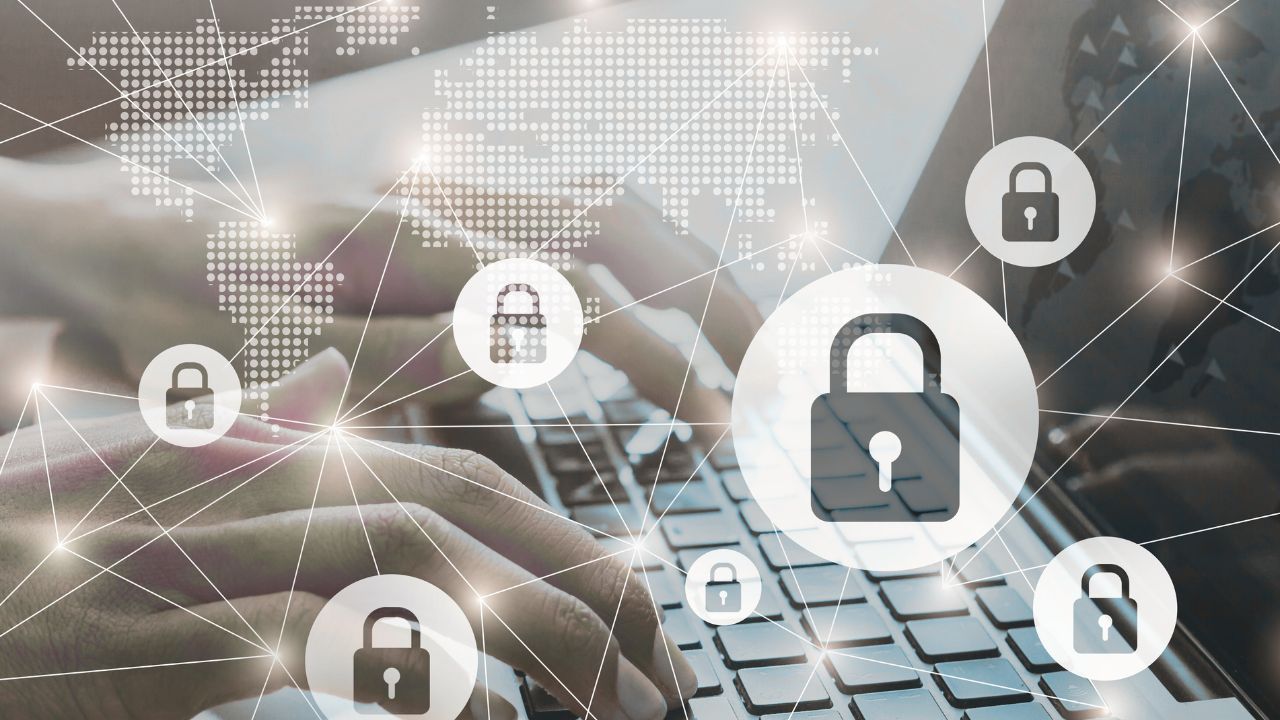Guide to the Role of a Director of Cybersecurity
Every business, from small startups to global enterprises, faces relentless cyber threats that can cripple operations, compromise sensitive data, and damage reputations. In the midst of this reality, one leadership role stands at the forefront of protecting an organization’s digital assets: the Director of Cybersecurity.
The Director of Cybersecurity is diverse and demanding. They are typically tasked with leading and managing the cybersecurity team, overseeing the implementation and maintenance of security controls, and ensuring the organization’s adherence to security policies and procedures. This requires a deep understanding of various security domains, including network security, endpoint security, cloud security, application security, and data security.
Furthermore, the Director of Cybersecurity plays a crucial role in threat intelligence and analysis. They are responsible for staying informed about the latest threats, vulnerabilities, and attack techniques, and for ensuring that the organization has the necessary tools and processes in place to detect, analyze, and respond to security incidents effectively.
When a security incident occurs, they are typically at the forefront of coordinating the response efforts, working with various teams to contain the breach, eradicate the threat, and recover affected systems and data. This requires strong leadership skills, the ability to remain calm under pressure, and a deep understanding of incident response methodologies.
Imagine a military general overseeing the defense of a nation’s borders. The Director of Cybersecurity is constantly monitoring the digital borders, anticipating potential attacks, deploying defenses, and coordinating the response when breaches occur. They need to be both a strategic thinker and a tactical expert, capable of understanding the big picture while also diving into the details when necessary
In essence, the Director of Cybersecurity is a crucial leader who bridges the gap between security strategy and operational execution. They are responsible for building and leading a strong cybersecurity team, implementing effective security controls, and ensuring the organization’s resilience in the face of ever-increasing cyber threats.
But what exactly does a Director of Cybersecurity do? Why is this position so critical? And how can organizations ensure they are hiring the right person for this pivotal role?
Whether you’re an aspiring cybersecurity leader, a business owner seeking to strengthen your defense, or simply curious about the field, this guide will break it all down for you, clearly and thoroughly
Let’s dive deep into everything you need to know about the Director of Cybersecurity role.
What is a Director of Cybersecurity?
A Director of Cybersecurity is a senior-level executive responsible for developing, implementing, and managing an organization’s cybersecurity strategies. They oversee the security posture of the entire enterprise, ensuring that risks are minimized, incidents are properly handled, and compliance with laws and regulations is maintained.
In simple terms, if the Chief Information Security Officer (CISO) is the general of an army, the Director of Cybersecurity is the key strategist making sure every frontline is defended.
The increasing sophistication of cyberattacks, coupled with the expanding digital footprint of organizations, has made the role of the Director of Cybersecurity more critical than ever. They are on the front lines of defending against ransomware attacks, data breaches, and other malicious activities that can have devastating consequences for an organization’s reputation, financial stability, and operational continuity.
A key aspect of the Director of Cybersecurity’s role is the continuous improvement of the organization’s security posture. This involves regularly assessing the effectiveness of existing security controls, identifying areas for improvement, and implementing new technologies and processes to enhance security.
The Director of Cybersecurity also plays a crucial role in fostering a security-aware culture within the organization. They work with the security awareness training team to develop and deliver programs that educate employees about cybersecurity risks and best practices, empowering them to be the first line of defense against cyber threats.
Collaboration is another essential aspect of the Director of Cybersecurity’s responsibilities. They must work closely with other IT leaders, such as the CIO and the CTO, as well as with business units across the organization, to ensure that security is integrated into all aspects of the business.
The Director of Cybersecurity is also often responsible for managing the cybersecurity budget, ensuring that resources are allocated effectively to address the most critical security risks and priorities. This requires a strong understanding of security technologies and the ability to make informed investment decisions.
They bridge the gap between technical cybersecurity teams and executive leadership, translating complex threats and vulnerabilities into actionable business strategies.
Key Responsibilities
While duties can vary depending on the organization’s size and industry, the core responsibilities of a Director of Cybersecurity typically include:
1. Strategic Planning and Leadership
- Design, develop, and implement comprehensive cybersecurity strategies.
- Align security initiatives with broader business goals.
- Lead and mentor cybersecurity teams, fostering a culture of security awareness across the organization.
2. Risk Management
- Conduct regular risk assessments and vulnerability analyses.
- Prioritize risks based on potential business impact.
- Develop risk mitigation strategies and ensure they are executed effectively.
3. Incident Response and Management
- Oversee the development of incident response plans.
- Lead investigations during security incidents, breaches, or attempted intrusions.
- Coordinate with internal teams and external agencies when breaches occur.
4. Compliance and Governance
- Ensure the organization complies with cybersecurity regulations such as GDPR, HIPAA, PCI-DSS, or others relevant to their industry.
- Prepare for and manage audits.
- Maintain thorough documentation of security policies and procedures.
5. Security Architecture and Innovation
- Evaluate new security technologies and integrate them where appropriate.
- Design a security architecture to safeguard data, applications, and systems.
- Stay ahead of emerging threats and cybersecurity trends.
Why is the Director of Cybersecurity Role So Critical?
Organizations without strong cybersecurity leadership are easy prey for attackers.
A Director of Cybersecurity provides:
- Strategic Defense: Proactive planning to stop breaches before they happen.
- Rapid Response: Swift, effective action to minimize damage when incidents occur.
- Business Continuity: Ensures that security efforts align with the company’s operations and goals, minimizing disruptions.
In short, they’re the guardian of the organization’s trust, reputation, and bottom line.
Core Skills and Qualifications
Not just anyone can step into this role. A Director of Cybersecurity needs a rare blend of technical expertise, leadership ability, and business acumen.
Here are some of the must-have skills:
Technical Skills
- Deep understanding of security frameworks (e.g., NIST, ISO 27001).
- Expertise in cloud security, network security, endpoint protection, and identity management.
- Knowledge of encryption standards, authentication protocols, and access controls.
Leadership Skills
- Strong communication skills to explain technical issues to non-technical stakeholders.
- Ability to advocate for cybersecurity initiatives at the executive level.
- Proven leadership and management skills, with experience building and leading cybersecurity teams.
Certifications
Many top Directors of Cybersecurity hold certifications like:
- Certified Information Systems Security Professional (CISSP)
- Certified Information Security Manager (CISM)
- Certified Ethical Hacker (CEH)
- Certified Cloud Security Professional (CCSP)
Educational Background
- Most have a bachelor’s degree in computer science, information technology, cybersecurity, or a related field. Some also hold master’s degrees in cybersecurity or MBA degrees with an emphasis on information security.
- Significant experience (typically 7-10+ years) in cybersecurity roles with increasing levels of responsibility.
- Strong technical expertise in multiple security domains, such as network security, endpoint security, cloud security, and application security.
What a Typical Day Looks Like
No two days are the same, but a typical day might involve:
- Meeting with the executive board to discuss security budgets –
While the cybersecurity landscape is anything but static, a typical day for a Director of Cybersecurity often involves a compelling blend of strategic oversight and tactical engagement. Imagine starting the day in a crucial meeting with the executive board, where you’re not just presenting numbers but articulating the organization’s risk posture and advocating for the necessary security investments to safeguard its future.
- Reviewing threat intelligence reports –
The afternoon might shift gears entirely, plunging you into the intricate details of the latest threat intelligence reports. You’ll be dissecting emerging attack vectors, understanding the motivations of threat actors, and translating these insights into actionable defenses for your team
- Conducting tabletop exercises for incident response readiness –
Ensuring the team’s readiness for any eventuality is paramount. A significant part of the day could be dedicated to orchestrating tabletop exercises, simulated cyber incidents that test the resilience and coordination of your incident response team. These sessions are invaluable for identifying weaknesses and refining protocols under pressure.
- Updating security protocols based on the latest vulnerabilities –
The digital world never sleeps, and neither does the need for vigilance. Staying ahead of vulnerabilities requires constant adaptation. A portion of your day will likely involve meticulously reviewing the latest security advisories, understanding their potential impact, and directing the necessary updates to security protocols and systems
- Mentoring junior team members or speaking at cybersecurity conferences –
Beyond the immediate threats, the Director of Cybersecurity also plays a vital role in cultivating the next generation of security professionals. This might involve mentoring junior team members, sharing your expertise and guidance, or even extending your influence by speaking at cybersecurity conferences, contributing to the broader industry knowledge base.

It’s a role that demands agility, critical thinking, and a passion for continuous learning. Every day presents new challenges, but the satisfaction of fortifying your organization’s defenses and protecting its valuable assets makes it a deeply rewarding endeavor.
The Director of Cybersecurity often acts as a key advisor to senior management on cybersecurity matters, providing insights and recommendations to inform strategic decision-making. Their expertise is essential for ensuring that security considerations are integrated into the organization’s overall business strategy
Ready to lead a high-performing cybersecurity team and make a significant impact on organizational security? Explore leadership opportunities in cybersecurity at www.estreetsecurity.com
The impact of a skilled Director of Cybersecurity can be significant, helping organizations to avoid costly data breaches, maintain customer trust, and ensure business continuity. They are essential for navigating the complexities of the modern digital world.
As organizations increasingly rely on digital technologies, the demand for experienced and effective Directors of Cybersecurity will continue to grow. This is a challenging and rewarding career path for individuals who are passionate about protecting digital assets and leading security teams.
Estreet Security recognizes the critical importance of strong cybersecurity leadership and is committed to providing our clients with access to top talent in the field. Visit www.estreetsecurity.com to learn how you can join our team of cybersecurity experts today!.





